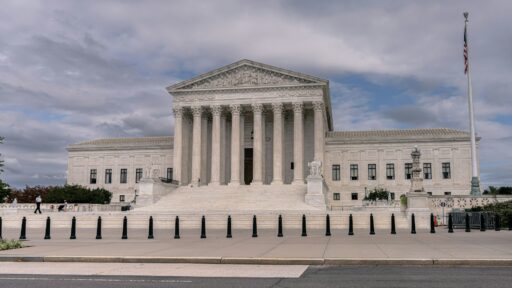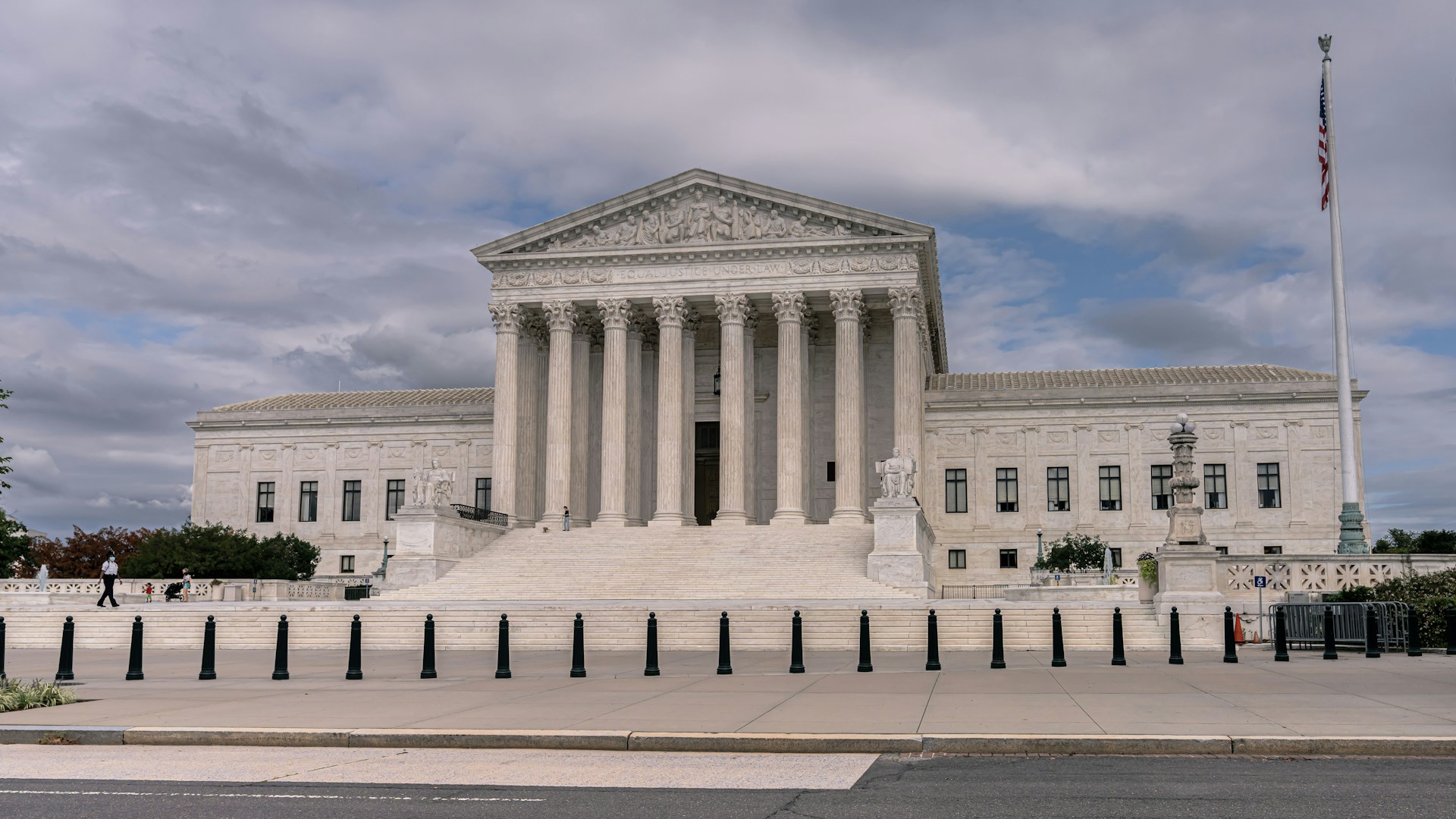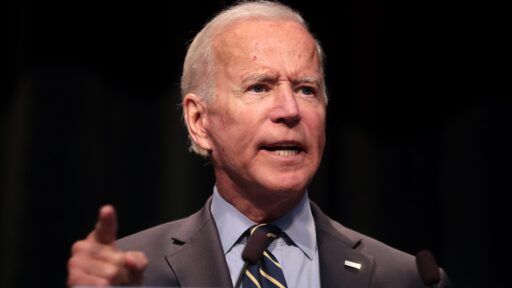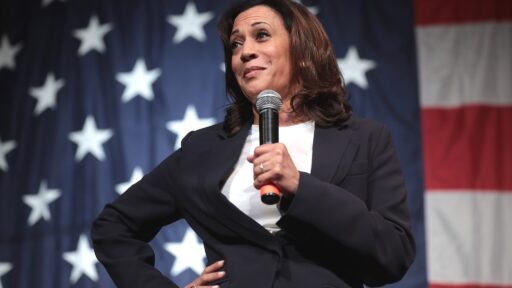A Closer Look At Who Kamala Really Is
Vice President Kamala Harris has been positioned as the Democratic Party’s presidential candidate for the upcoming election cycle, despite not securing a single vote in the 2020 or 2024 presidential primaries. This promotion comes after President Joe Biden, who initially brought Harris into the national spotlight, opted to make her his successor. Harris, once a senator from California, was selected by Biden after her campaign faltered early in the 2020 primary season. As a result, many Americans may not be fully aware of her policy stances or her radical left-wing ideology.
There have been significant concerns about Harris’s popularity, with polling showing her approval ratings as historically low. In fact, she has even been less popular than former Vice President Dick Cheney, who famously faced criticism for a hunting accident. Despite this, mainstream media outlets have largely overlooked her extreme positions, attempting to recast her image as a centrist. For instance, Axios has dismissed criticisms of Harris’s role as the “border czar,” a title it had previously used, while GovTrack has removed references to her voting record as one of the Senate’s most liberal members. The New York Times has even labeled her as a “moderate” in its news coverage, a significant departure from her actual record.
Kamala Harris’s positions on various issues demonstrate her progressive agenda. For example, she has openly advocated for eliminating private health insurance, which covers over 200 million Americans. During a 2019 CNN town hall, Harris stated, “let’s eliminate all that,” when asked about banning private health coverage. Although she has since distanced herself from Bernie Sanders’s Medicare for All Act, which proposed a massive overhaul of the U.S. healthcare system, she was an original co-sponsor of the bill. Additionally, Harris supported the Green New Deal, which proposes sweeping federal interventions in the energy sector and other aspects of the economy, including a ban on fracking and combustion-based power generation.
Harris’s record extends to the handling of illegal immigration as well. Under her watch, the number of annual border crossings has surged to over 2 million, a significant increase from previous years. Despite her promises to address the root causes of migration from Central America, the influx of migrants from this region has risen dramatically. Her inability to manage the situation at the southern border contrasts sharply with her campaign assurances.
On economic and crime issues, which are top concerns for many voters, Republicans generally fare better in public trust compared to Democrats. While Democrats may lead in issues like abortion, Harris’s radical stance on this topic is clear. She supports legalizing abortion up until birth and has opposed efforts to impose federal protections for life and support for fetal care post-abortion. Moreover, Harris’s tenure has been marked by high inflation rates and ineffective governance, reflecting her broader policy failures and ideological extremism.
In summary, Kamala Harris’s selection as the Democratic presidential nominee highlights a departure from centrist positions and underscores her alignment with radical left-wing policies. Her record of pushing for extensive government intervention in the economy and her handling of immigration issues illustrate the broader implications of her policy priorities and her administration’s overall effectiveness.







